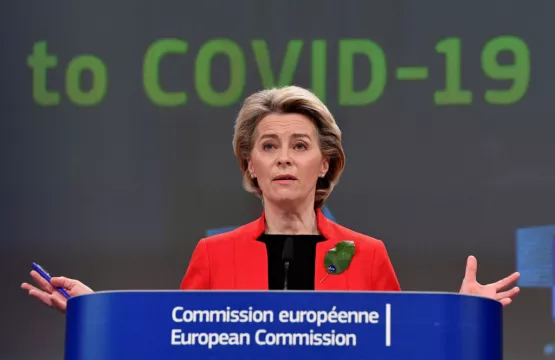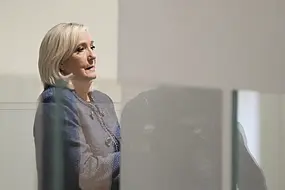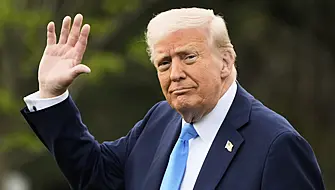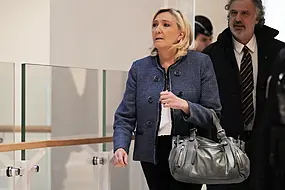The European Union’s chief executive has criticised AstraZeneca, accusing the embattled Anglo-Swedish firm of delaying Europe’s coronavirus vaccination campaign and warning that the EU is considering export bans to ensure supplies.
“AstraZeneca has unfortunately under-produced and under-delivered, and this painfully, of course, reduced the speed of the vaccination campaign,” European Commission president Ursula von der Leyen told reporters.
She said the company originally pledged to deliver 90 million doses of its jab in the first three months of 2021, but later said it could only provide 40 million, then more recently 30 million.
Beyond criticism for its slow deliveries, notably in Europe, AstraZeneca has also had to deal with reports of dangerous blood clots in some recipients of its jab, although the company and international regulators say there is no evidence the vaccine is to blame.
Several countries, including Germany, France, Italy and Spain, have suspended its use.
The EU’s drug regulator insisted on Tuesday that there is “no indication” it causes clots, and Ms von der Leyen said on Wednesday: “I trust AstraZeneca, I trust the vaccines.”
AstraZeneca’s formula is one of three vaccines in use on the continent, but the escalating concern is another setback for the EU’s vaccination drive, which has been plagued by shortages and other hurdles and is lagging well behind the campaigns in the UK and the US.
For the second quarter of 2021, Ms von der Leyen said, AstraZeneca will only deliver 70 million doses, less than half of the 180 million it was “contractually obliged to deliver”.
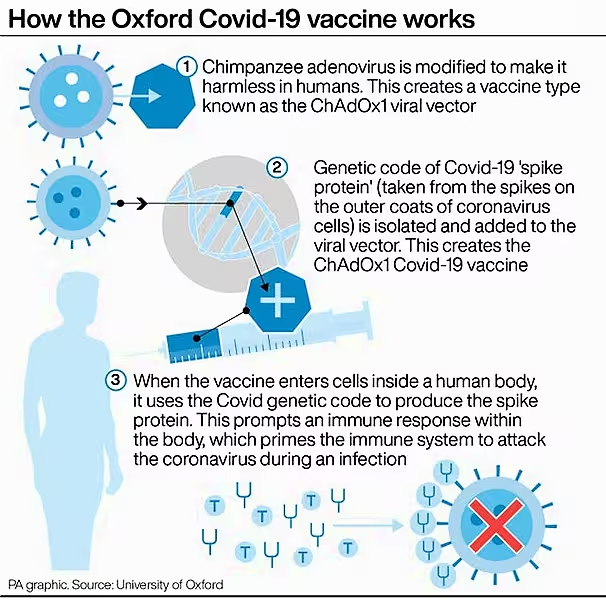
Two production sites in the UK figure in the EU’s advance purchasing agreement drawn up with AstraZeneca, she said, adding: “We’re still waiting for doses to come from the UK.”
Ms von der Leyen also noted the EU had exported around 41 million vaccine doses to other countries. “But open roads run in both directions, and this is why we need to ensure that there is reciprocity and proportionality,” she said.
“If the situation does not change, we will have to reflect on how to make exports to vaccine producing countries dependent on their level of openness,” she added, without naming any country.
She said the EU still aims to vaccinate 70% of all adults by September.
